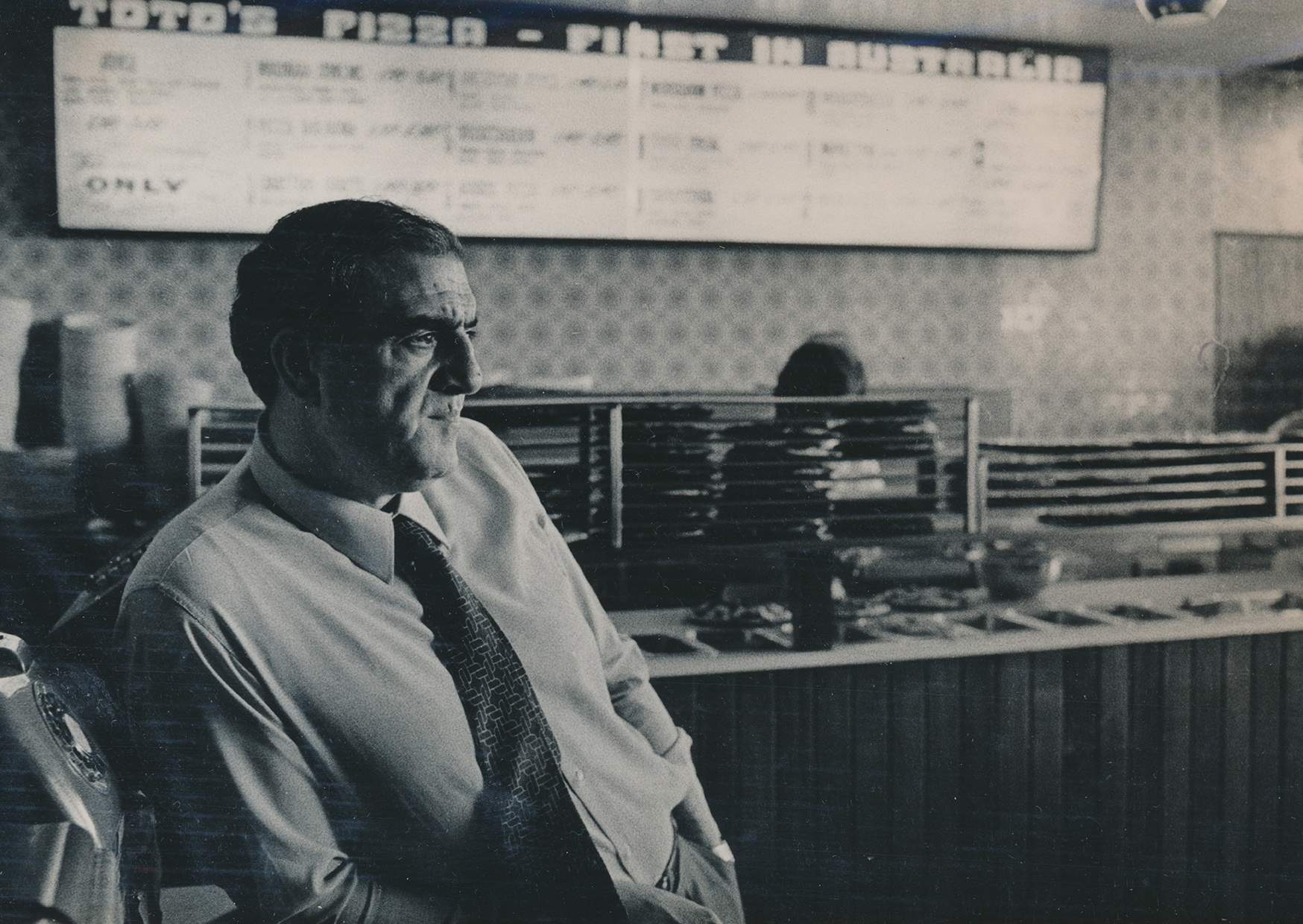Lygon Street – Si parla Italiano
The film that dishes out both a history lesson and an uncanny craving for pasta.
Overview
If the stones and shopfronts of Lygon Street could talk, they’d surely do so in Italian. Sometimes referred to as Melbourne’s Little Italy, the iconic Carlton thoroughfare has played a major role in Australia’s cultural and gastronomical development over the past 60 years, and it is now the subject of a new home-grown documentary: Lygon Street – Si parla Italiano.
The story begins in the years following World War Two, during which time millions of migrants left Europe in search of new beginnings. Of those that made the long journey to Australia, one in six were from Italy, many of whom came based on the promise of jobs that in reality didn’t exist. At first, the government funnelled them into migrant centres (viewers are left to draw their own parallels to the treatment of asylum seeks today). The conditions were shabby and the means of entertainment scarce, but the biggest sticking point for the Italians was the terrible quality of the food. Soon, the migrants flooded out into the community in search of a place where they could call their own. As if by fate, they settled on a street named Lygon.
Before long, the road was littered with restaurants, coffee bars, grocers and delicatessens, many of them with and written signs in the window reading 'Si parla Italiano', meaning 'we speak Italian'. Locals were suspicious of the settlers at first, but were soon won over by the quality of their cooking. By the '80s, Lygon Street was one of the hottest night spots in the city, home to bars, clubs and theatres, not to mention, the scene of raucous celebration in the wake of Italy’s 1986 World Cup victory.
Silky narration by Anthony LaPaglia keeps the film from feeling too much like a history lesson. Directors Shannon Swan and Angelo Pricolo combine archival footage and traditional talking heads with a more flavoursome approach to storytelling by inviting some of the street’s oldest pioneers – the owners of establishments like L’Alba and University Café – out for dinner. Over plates of pasta, the old friends recall stories from their past, laughing and shouting over the top of each other as they argue about which one owned the first Espresso machine in Australia. It’s an ingenious way of making viewers feel included – a Saturday night dinner in one of Lygon’s bustling eateries.
Admittedly, it’s hard to imagine Si parla Italiano being as interesting to anyone from outside of certain areas of Melbourne, which is probably why the film is playing exclusively at Cinema Nova. Still, locals should be thoroughly charmed, particularly when factoring in the rather surreal experience of exiting the theatre onto the boulevard they’ve just been watching. If nothing else, the doco is a savvy marketing tool for traders. No one’s likely to walk out of the film not craving an Italian meal.





